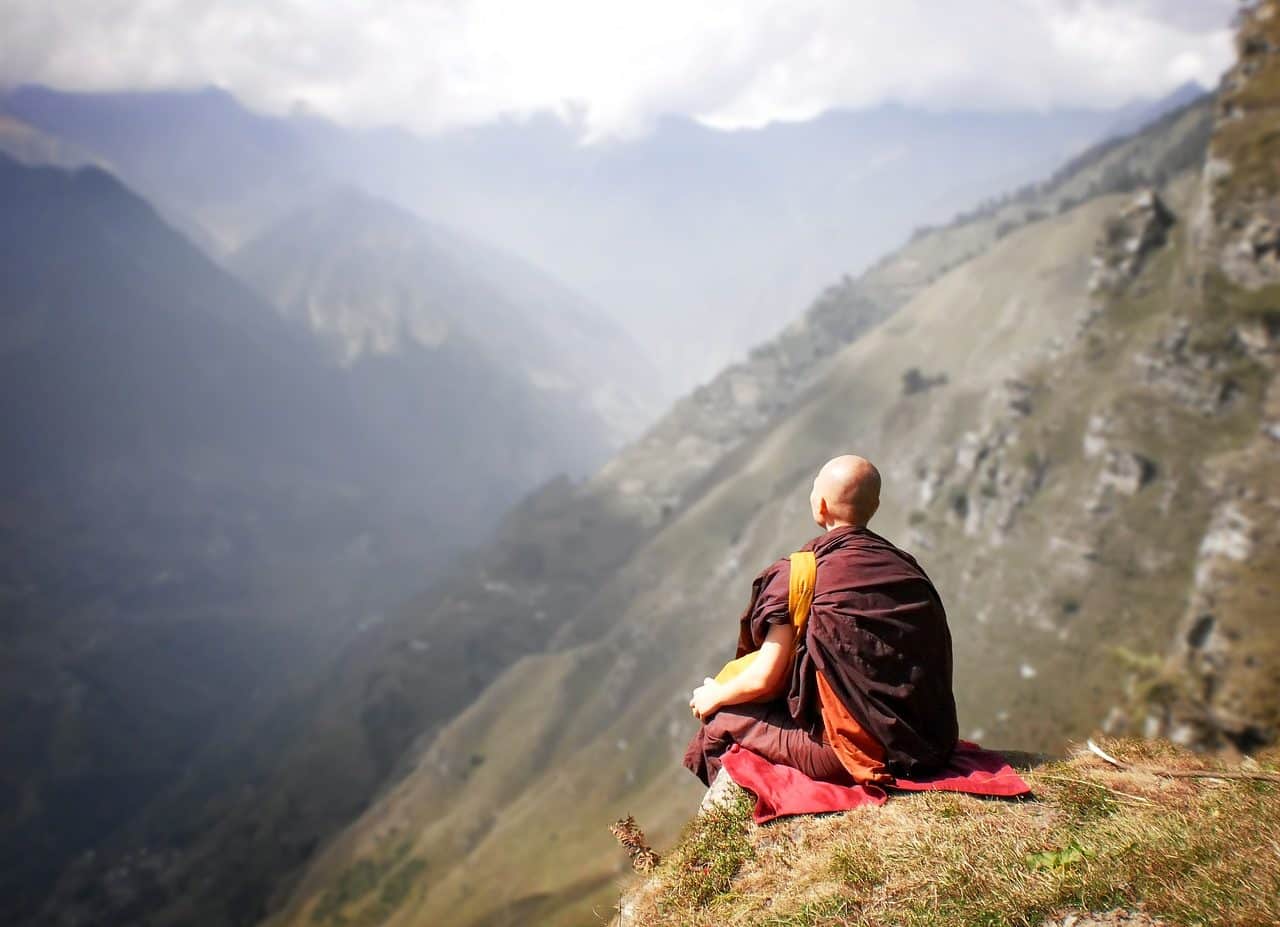
Asceticism is characterized by the rejection of materialism and austerity.
Asceticism is the condition, doctrine and result of an ascetic life . This is the name given to an existence marked by austerity , the rejection of materialism and the search for spiritual elevation.
It can be said that asceticism is a philosophy linked to religion . Ascetics maintained that by resisting material pleasures, they managed to purify their spirit. In this way they led a sober life, guided by ironclad ethical guidelines.
Although it can be considered an independent doctrine, asceticism was incorporated, throughout history , into religions such as Christianity , Buddhism and Islam . The ascetics, in this framework, appealed to this lifestyle to relate to God .
Asceticism in different religions
In Christianity, various monks and religious communities began to leave the cities to lead an ascetic life in the desert or other remote areas. The objective was to devote oneself to prayer , meditation and penance without the interference of worldly issues.
Saint Anthony Abbot, Saint Simon Stylite y Paul of Thebes son algunos de los cristianos que optaron por el ascetismo. Ellos forman parte del grupo conocido como Desert Fathers ya que se retiraron a regiones desérticas de Egypt y Syria.
Asceticism also appears in different ways in Buddhism . On a general level, Buddhas believe that meditation and detachment allow one to free oneself from suffering and achieve nirvana .
In Islam , asceticism has been linked to Sufism in the search for a pure life and closeness to God ( Allah ).

Asceticism is present in Buddhism.
Lao-Tzu's gaze
Lao-Tzu is the name of one of the most important Chinese philosophers, although many scholars doubt that he was a real person. Since his biographical data indicates that he lived in the 6th century BC. C., it is not easy to verify that he was not a fictional character.
In any case, the wisdom of this individual represents a valuable legacy, and one of the quotes attributed to him is very appropriate to talk about asceticism today: "Material goods cause us to lose balance and peace of mind."
Asceticism vs. materialism
We find ourselves in an era in which the existence of each human being has lost meaning and value, since the systems have turned us into mere pieces of complex machinery: we are laboratory subjects, part of various experiments that take us through the world. path of consumerism without giving ourselves a break to be aware of it.
Modernity is characterized by a tireless routine that always aims at the conquest of material goods , which give us ephemeral happiness, which disappears just in time to go after the next one. This way we stay faithful to the current fashion, so as not to be left out of society, no matter what we give in exchange. Asceticism is often seen as an extreme measure, as part of a reality so distant that it seems like fiction; However, it could be the perfect antidote to rediscover ourselves as a species.
One of the consequences of excessive attachment to material goods that we often overlook is the fracture that society suffers due to economic differences. Since only a part of the population can access them , the rest becomes part of another reality, detached from the current situation in the eyes of the privileged, but inevitably subjected to it and forced to endure it. The purification of the spirit that asceticism can provide us goes far beyond both realities, and could lead us to a revaluation of the individual that breaks down social and economic barriers.
